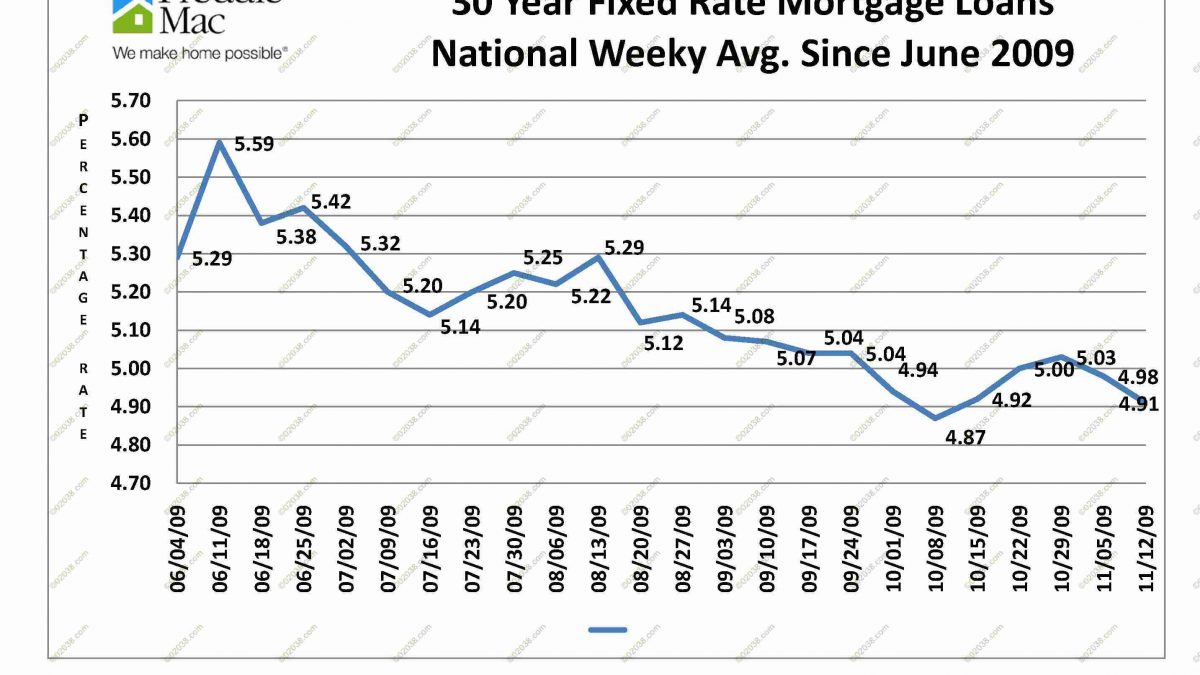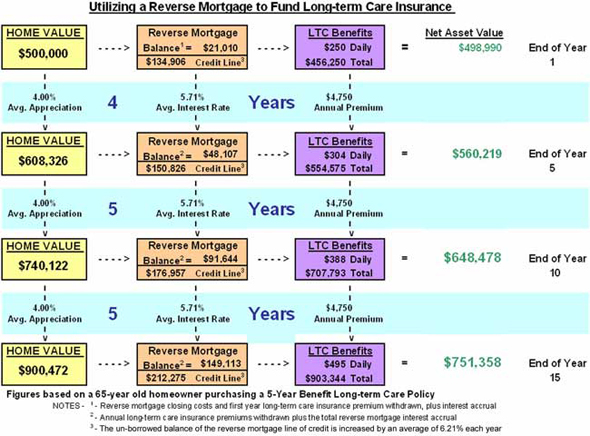45( a). Charging unearned fees might be Click here considered deceptive for the following reasons. First, by wrongly representing on the HUD-1 Settlement Statement that points are discount rate points, a financial organization could deceive consumers into believing they were receiving a discount off the par interest rate. When evaluating the truths, examiners could think about whether loan officers understood, prior to loan closing, what the interest rate deduction should have been relative to the discount rate points charged and whether customers were informed that either the discount costs would not lead to a proportional discount in the rate of interest or that no discount would be provided.
Finally, the misrepresentation would be thought about material if it concerned a sufficiently big quantity of unearned fees or affected a large group of customers. Claims made with the knowledge that they are incorrect must be presumed to be material. For instance, a monetary institution's knowledge that Go to the website fees revealed as discount points on a HUD-1 Settlement Statement were not, in truth, leading to a commensurate discount rate to customers would be presumed product (what does ltv mean in mortgages).
Charging unearned discount points can likewise have reasonable lending ramifications. If a lender charges discount points without actually decreasing the rate and the practice has an illegal disparate effect, the practice could violate the ECOA, as executed by Regulation B, and the FHA. Guideline B restricts discrimination against a candidate on a prohibited basis (race, color, religious beliefs, national origin, sex, marital status, age, invoice of public assistance, or working out rights under the Consumer Credit Defense Act) relating to any element of a credit transaction.
1002. 4( a). As explained in the Authorities Personnel Commentary, the ECOA and Policy B "might prohibit a creditor practice that is inequitable in effect since it has a disproportionately unfavorable influence on a forbidden basis, even though the lender has no intent to discriminate and the practice appears neutral on its face, unless the creditor's practice fulfills a legitimate service need that can not reasonably be attained as well by methods that are less diverse in their impact." Similarly, section 3605 of the FHA prohibits discrimination in domestic real estate transactions because of race, color, religion, sex, handicap, familial status, or national origin.
Sometimes, loan officers charged borrowers discount rate points without a commensurate decrease in the note rate. An analytical analysis of the borrowers exposes that the practice had a disparate impact on Hispanic debtors. Of the 100 Hispanic debtors, 40 paid unearned discount points (40 percent). Of the 80 non-Hispanic white borrowers, 20 paid unearned discount rate points (25 percent).
How Do Reverse Mortgages Work? for Dummies
This difference is statistically considerable at the 5 percent level. If the financial institution in this situation can not use a genuine service validation for these disparities, the practice might constitute a pattern or practice of credit discrimination in violation of the FHA, the ECOA, and Guideline B. Section 706( g) of the ECOA, 15 U.S.C.
Department of Justice when a federal banking firm has reason to think that a financial institution has actually breached section 701( a) of the ECOA by participating in a pattern or practice of discrimination and offers discretionary recommendation authority for private violations of section 701( a), 15 U.S.C. 1691( a). In Freeman v. Quicken Loans, Inc., 132 S.
2034 (2012 ), the U.S. Supreme Court just recently narrowed significantly the circumstances in which an unearned cost will breach area 8( b) of the Property Settlement Procedures Act (RESPA). The Supreme Court all concluded, based upon the statutory language, that a section 8( b) offense for an unearned charge should include "a charge for settlement services [that] was divided between 2 or more persons." Because the complainants in Freeman did not declare that Quicken divided discount points with anybody else, the court affirmed the termination of the case.
On August 17, 2012, the CFPB issued a rulemaking proposition under Regulation Z to carry out home mortgage provisions in Title XIV of the Dodd-Frank Act, consisting of an arrangement in section 1403 restricting discount points. To protect customers while permitting creditors to continue offering home loans with discount points, the CFPB proposed two requirements for discount rate points.
Second, the borrower must get an authentic decrease in the rate of interest of the loan with discount points compared to the rates of interest on the alternative loan without discount points. Discuss the proposition are due by October 16, 2012. The CFPB anticipates to release a final rule by January 21, 2013, as needed by area 1400( c)( 1) of the Dodd-Frank Act.
10 Simple Techniques For What Are Basis Points In Mortgages
Policies, procedures, and controls related to mortgage loan prices ought to be sufficient to prevent loan officers from representing to borrowers that the rate was lowered because the debtors acquired discount rate points without in fact lowering the rate. A loan provider's prices policy or standards need to be specific and state that loan officers are restricted from charging discount rate points that do not lead to a proportional lowering of the rate of interest.
Nevertheless, charging unearned discount points can lead to offenses of laws and policies and increased legal and reputational risks for monetary organizations - why reverse mortgages are a bad idea. Such violations might also result in required removal to impacted borrowers and other supervisory actions, consisting of a possible referral to the U.S. Department of Justice if there is a reasonable lending infraction.
Home loans been available in variations of these categories, and mortgage rates can vary by loan type: include home loans insured by the Federal Real Estate Administration (FHA loans) and home loans guaranteed by the Department of Veterans Affairs (VA loans) and the Department of Agriculture (USDA loans). These loans have lenient certification requirements and are attractive to newbie house purchasers.
tend to be plain-vanilla home mortgage that fulfill qualifications set by home mortgage giants Fannie Mae and Freddie Mac. They generally have higher minimum credit rating than government-backed loans. Mortgage rates for these loans can be beneficial because loan providers normally think they are providing to lower-risk borrowers (what the interest rate on mortgages today). A fixed-rate loan has one rates of interest over the life of the home mortgage, so that the regular monthly principal-and-interest payments stay the very same till the loan is settled.
ARMs usually begin with a low rate of interest for the very first couple of years, but that rate can go higher. MORE: The term is the variety of years it will require to pay off the mortgage. The most common home loan term is 30 years. Another alternative is the $115-year term, which is popular for refinancing.

Why Are Reverse Mortgages A Bad Idea Fundamentals Explained
But over the loan's life, you pay more interest on a term than a 15-year term because you're making twice as lots of payments. Shorter-term home mortgages generally have lower home Click for more info loan rates than long-lasting loans. Borrowers might select other terms, such as 20 or ten years. There is a limitation on the size of a loan that Fannie Mae and Freddie Mac will back.

The conforming limitation differs by county and may be changed every year. A is a home loan for more than the adhering limit. The loaning requirements tend to be more stringent for jumbo loans: They typically require greater minimum credit ratings, down payments and debt-to-income ratios than conforming loans. Again, lender risk drives your home loan rate here.